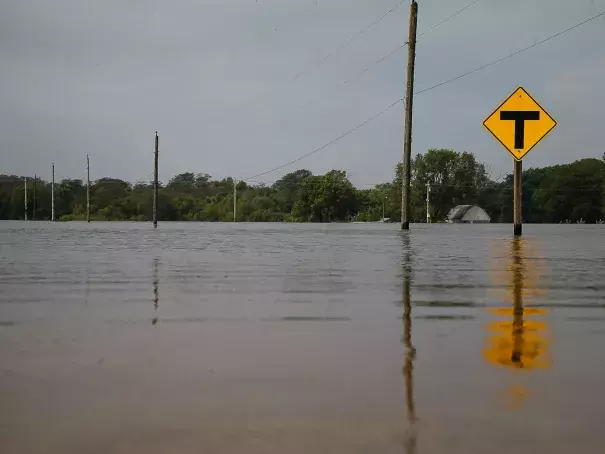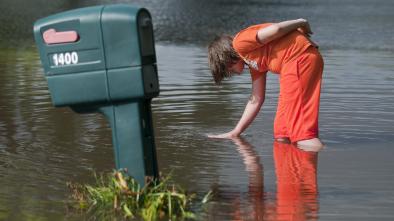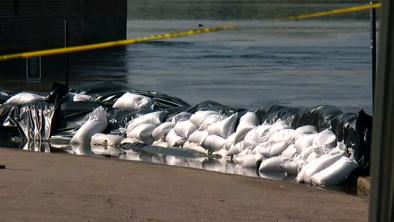Climate change means more flooding for Iowa, scientists say

Iowans can expect to see more of the extreme weather that led to widespread flooding in northeast Iowa last month, a group of climate scientists said Wednesday.
“Iowa’s record September rainfall and flooding reminds us that climate change is real and needs to be addressed on both the farm and in our communities,” said David Courard-Hauri, director of Drake University's environmental science and policy program.
Scientists can't blame climate change alone for any one event. "But what we can say is that the frequency of extreme precipitation events is increasing," said Jerry Schnoor, co-director of the University of Iowa's Center for Global and Regional Environmental Research.
"That’s the most significant thing we can see in meteorological records" going back 100 years, Schnoor told reporters during a call about the group's sixth annual climate statement.
"Rainfall events, let's say in locations with more than 4 inches, have greatly increased, and this was one of those. We got over 10 inches in a couple of different days for this particular storm," he said. "It was very unusual for a storm to have such an impact in September. In fact, it's almost unprecedented."
"Because total rainfall is increasing, and the severity within a single day is increasing, we can expect more of that as greenhouse gases continue to accumulate in the atmosphere," Schnoor said.
The group of nearly 190 climate scientists called on Iowa growers to adopt conservation and farming practices that can help reduce greenhouse gases that contribute to climate change.
The scientists said agriculture, which accounts for 27 percent of Iowa's greenhouse gas emissions, can lead the way on climate change
Related Content






